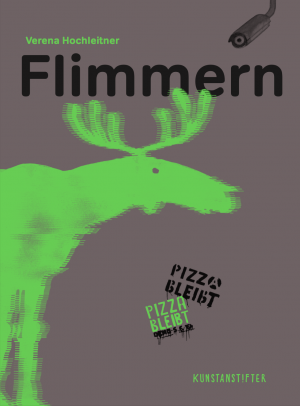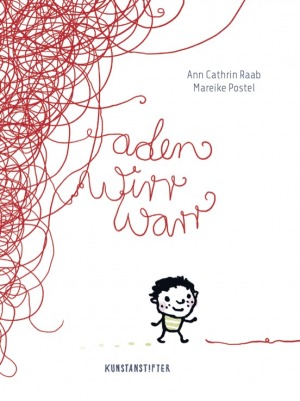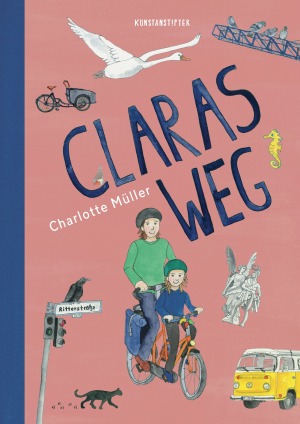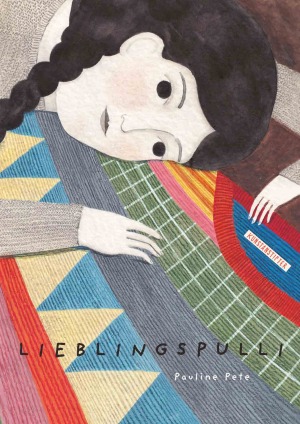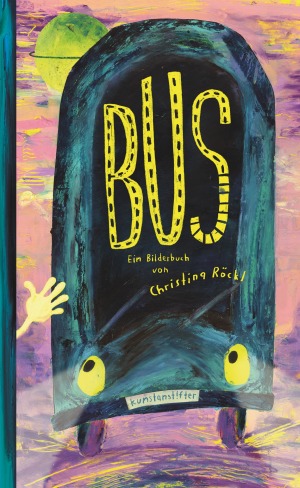The Publishing House and its history
Kunstanstifter Publishing House was founded in 2006 by Suse and Niklas Thierfelder in Mannheim. Together, we decided on a daring venture – publishing illustrated books apart from the mainstream, art that charts new frontiers, fresh and provoking, smart and masterly crafted. Our vision grew into an award-winning, independent publishing house.
Special picture books – timeless and sustainable.
Program
Kunstanstifter titles are hybrids of literature and art, for children and grown-up readers alike, often beyond established categories. We publish collector-quality books with the highest artistic standards. While we privilege the art of illustration, we do not compromise literary quality. At their best, text and image enhance each other for an aesthetic unity.
Kunstanstifter’s list is characterized by a novel blend of young talents, innovative voices, classical and contemporary authors of diverse cultural backgrounds. We publish eight to ten titles per year, and choose from all genres including short stories, tales, cooking and travel books.
The illustrations and distinctive book features are an essential. We work with FSC-certified printers in the region and produce climate-neutrally using eco-friendly colors, paper, and processing.
In the last few years, numerous and prestigious awards have confirmed our strategy – the German Design Award, the Joseph-Binder-Award in Gold, the German-French Youth Literature Prize, The Beauty and the Book Award, a nomination for the Serafina – a young talent award, and last but not least, the award of the German Youth Literature Prize. Our regular presence at the largest bookfairs in Frankfurt and Leipzig demonstrates that quality + selection equals success.
Current awards
- Die Schönsten Deutschen Bücher 2023 – Kategorie Kinder- und Jugendbücher: Longlist
Renate Wacker: Morgens früh um 6
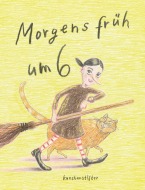
- Die Schönsten Deutschen Bücher 2023 – Preisträger Kategorie Kinder- und Jugendbücher
Reto Crameri: Alula – Garten/ Urwald

- Korbinian - Paul-Maar-Preis für junge Talente 2023 – nominiert:
Sarah Knausenberger: Die Wildmohnfrau
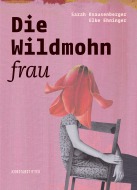
- Österreichischer Kinder- und Jugendbuchpreis 2023 – Leseempfehlung der Jury des Osterreichischen Kinder- und Jugendbuchpreises 2023
Leonora Leitl: Kaiserschmarrn – Mein Genialer Sommer mit Ziege
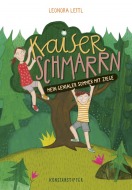
- Buchempfehlungen der Deutschen Akademie für Kinder- und Jugendliteratur 2022 – Bilderbuch des Monats Mai 2022 – Cynthia Häflinger: Fremde Blicke
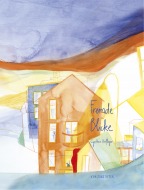
- Buchempfehlungen der Deutschen Akademie für Kinder- und Jugendliteratur 2022 – Kinderbuch des Monats Juni 2022 – Leonora Leitl: Kaiserschmarrn – Mein Genialer Sommer mit Ziege

- Buchempfehlungen der Deutschen Akademie für Kinder- und Jugendliteratur 2022 – Einar Turkowski (Text & Ill.): Die Geheimnisse von Pinewood Hill
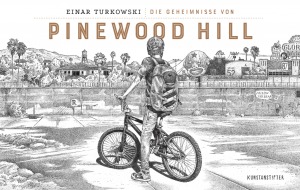
- Der Rote Elefant 2022 – Malin Widén: Auf der Insel
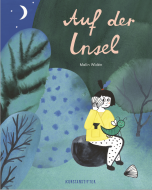
- Die Schönsten Deutschen Bücher 2022 – Kategorie Kinder- und Jugendbücher: Longlist
SAID & Chistina Röckl: AR-AR UND BOBO

- Serafina - Nachwuchspreis Illustration 2022 – Cynthia Häflinger: Strange Looks

- White Ravens 2022 – Leonora Leitl: Kaiserschmarrn – Kaiserschmarrn - My amazing summer with a goat

- World Illustration Awards 2022 – Shortlist
Einar Turkowski: Die Geheimnisse von Pinewood Hill

- Österreichischer Kinder- und Jugendbuchpreis 2021 – Linda Wolfgruber: Die kleine Waldfibel

- Buchempfehlungen der Deutschen Akademie für Kinder- und Jugendliteratur 2020 – Till Penzek & Julia Neuhhaus: Die Klimaschweine
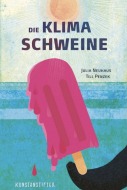
- KIMI Kinderbuchsiegel 2020 – Till Penzek: Die Klimaschweine

- Serafina - Nachwuchspreis Illustration 2020 – Nominiert – Judith Auer: Ein Stück Käse
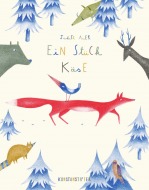
- White Ravens 2020 – Judith Auer: Ein Stück Käse

Preview Catalogues
- PDF (6.08 MB)
 Autumn 2023
Autumn 2023 - PDF (6.18 MB)
 Spring 2024
Spring 2024
Foreign Rights Highlights
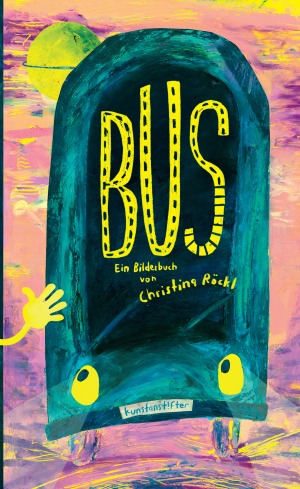 Learn More
Learn More 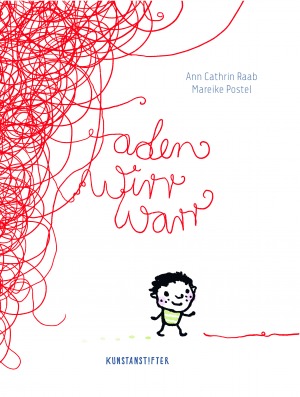 Learn More
Learn More 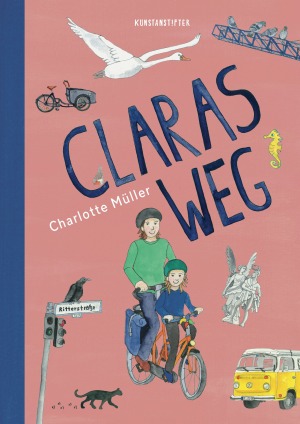 Learn More
Learn More 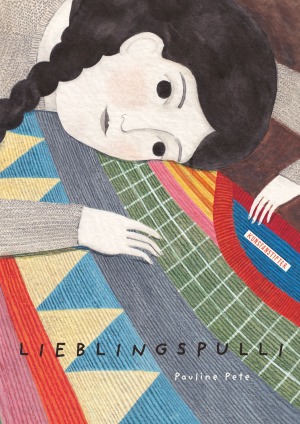 Learn More
Learn More 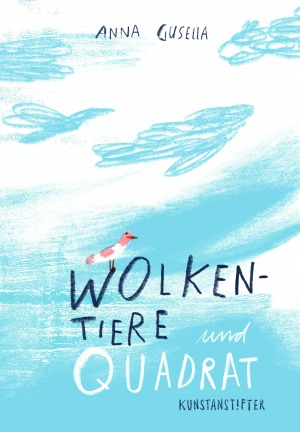 Learn More
Learn More 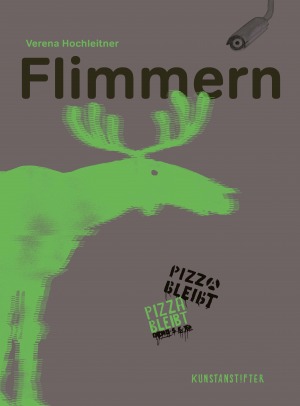 Learn More
Learn More

- Christina Röckl
- Illustrated by Christina Röckl
- Spring 2024, 36 pages, 17 x 27.7 cm
- Hardcover
- Ages 3+
- All rights available
- Website
A bus runs day in, day out. It is a morning like any other. You wake up, leave the house, go to the bus stop, get into the bus. All the other passengers’ faces look grim or even angry. Rain. Wet. Oh well. And then you feel somebody nudging you. “Isn’t this a beautiful day?” Accompanied by a broad grin. You’re baffled. Briefly. One, two, three. And then you smile back. You smile and wish the lady in the green and pink fleece jacket a good morning. She looks dumbfounded. One, two, three.

- Mareike Postel
- Illustrated by Ann Cathrin Raab
- Spring 2024, 40 pages, 19.5 x 26 cm
- Hardcover
- Ages 3+
- All rights available
- Website
A child comes upon a long red thread. Soon, the thread gets tangled – at the same time entangling the child. When the child uses scissors in an attempt to control the increasing chaos, a living creature grows from the giant knot and starts to interact with the child. This is the starting point of a thrilling seesaw story that ends with the two characters’ alliance in search of new adventures.

- Charlotte Müller
- Illustrated by Charlotte Müller
- Spring 2024, 56 pages, 21 x 29.7 cm
- Hardcover
- Ages 5+
- All rights available
- Website
Clara lives in a big city. Every day she rides her bicycle to school. There is always something new to discover. The seasons change and along with them do weather and nature. Construction sites, wild animals, the cherry blooming season, special bicycles – a broad variety of ever new attractions. And some days, Clara drifts off into a dream – and in her imagination, her way to school looks completely different!

- Pauline Pete
- Illustrated by Pauline Pete
- Spring 2024, 40 pages, 21 x 29.7 cm
- Hardcover
- Ages 5+
- All rights available
- Website
images tell the story of a special bond between a girl and her grandmother. The two of them go ballooning, visit a museum and take a stroll through town. Even when the girl is on her own, she thinks of her grandmother whenever she wears her special sweater. The garment symbolizes the close and happy relationship between the two and gives solace as a difficult farewell looms ahead. She keeps her sweater for many years until handing it down to her own son, hoping he will feel as loved, cozy and warm as she once did, while collecting his personal memories and adventures.

- Anna Gusella
- Illustrated by Anna Gusella
- Autumn 2023, 84 pages, 17.5 x 25.2 cm
- Hardcover
- Ages 6+
- All rights available
- Website
Clouds can form any shape they want – animals, plants, faces and many more things. They look soft and fluffy, float through the sky and generally take it easy. Not all clouds are happy with this stereotypical existence, though. One particularly headstrong cloud just loves experimenting. It seems to have an inexhaustible trove of shapes. Despite its adventurous life, though, it feels an inexplicable sense of nostalgia. Then, one days, the wind carries it off into uncharted territory where our little cloud suddenly undergoes a new kind of change . . . and the ending becomes a new beginning.

- Verena Hochleitner
- Illustrated by Verena Hochleitner
- Autumn 2023, 352 pages, 17 x 23 cm
- Flexcover with thread stitching, printed in special colours
- Ages 12+
- All rights available
- Website
An awkward fall jumping off a bus, some shoplifting and Pizzeria Anarchia, the new punk pizzeria in Katha’s building, unexpectedly bring Sydney, Nico and Katha together. Their budding friendship is strengthened by the experience of losing the rest of their class during a hiking trip and having to spend a night in the wilderness. This welds them together, and so Sydney and Nico are on the scene when the authorities move in to clear the block of flats Katha and her mother live in.
Events
All events in German language!
Currently no events. Visit the publisher’s website for up-to-date events (visit website).
Contact

kunstanstifter GmbH & Co. KG
Werderstr. 31
68165 Mannheim
Germany
Phone 0 621 – 71790-100
Contact Person
Publisher
Suse Thierfelder
suse@kunstanstifter.de
0621 71790-107
Niklas Thierfelder
niklas@kunstanstifter.de
0621 71790-101
Management Assistant / Rights & Licences
Anne Schlag
anne@kunstanstifter.de
0621 71790-104
Editorial
Lena Anlauf
lena@kunstanstifter.de
0621 71790-103
*Licences
China, Korea & Japan:
Media/Publishing Consultant
Lei Ren
lr@solpages.net
Brazil:
Hedi Gnädiger
hgagentur@gmail.com
Belgium, France, Greece, Italy, Spain, GB, USA:
Eva Dietrich
aladdinbooks@gmail.com
Poland:
Aleksandra Markiewicz
Aleksandra_markiewicz@space.pl
Press
Kirchner Kommunikation
Katrin Ritte
Gneisenaustr. 85
10961 Berlin
Tel.: 030 84 71 18 14
ritte@kirchner-pr.de
